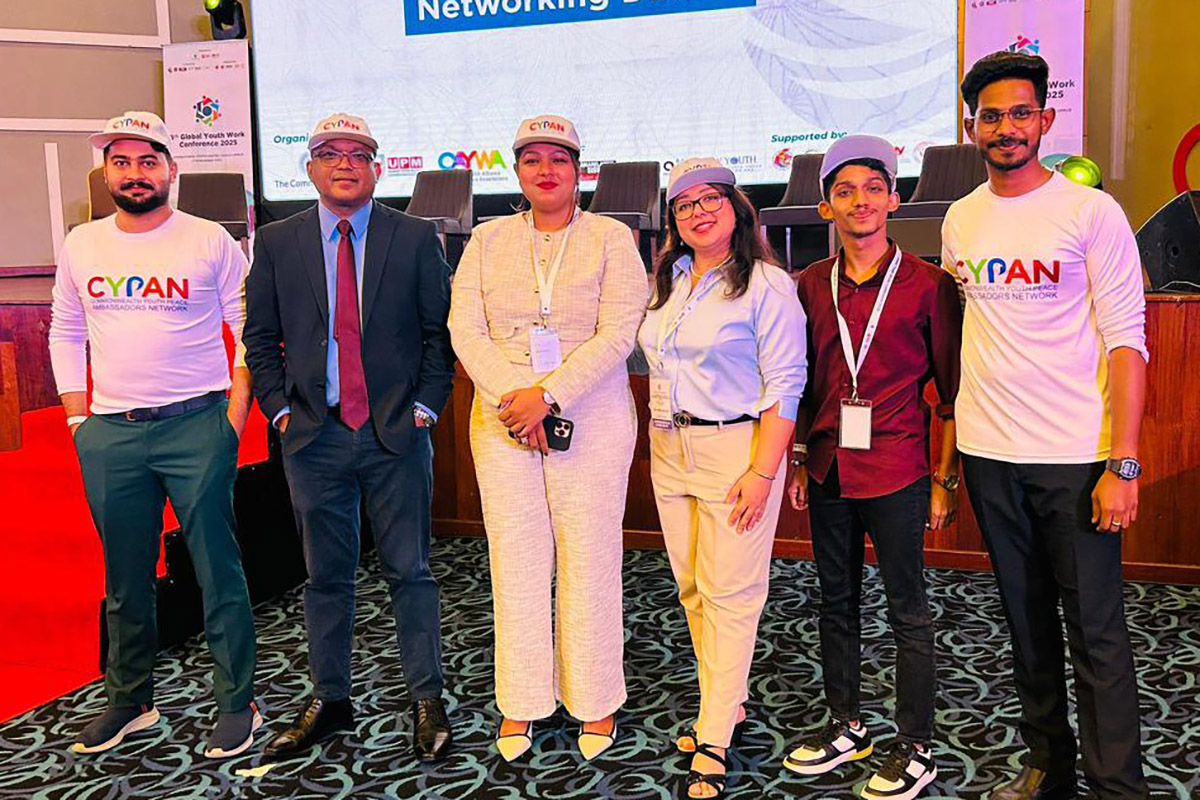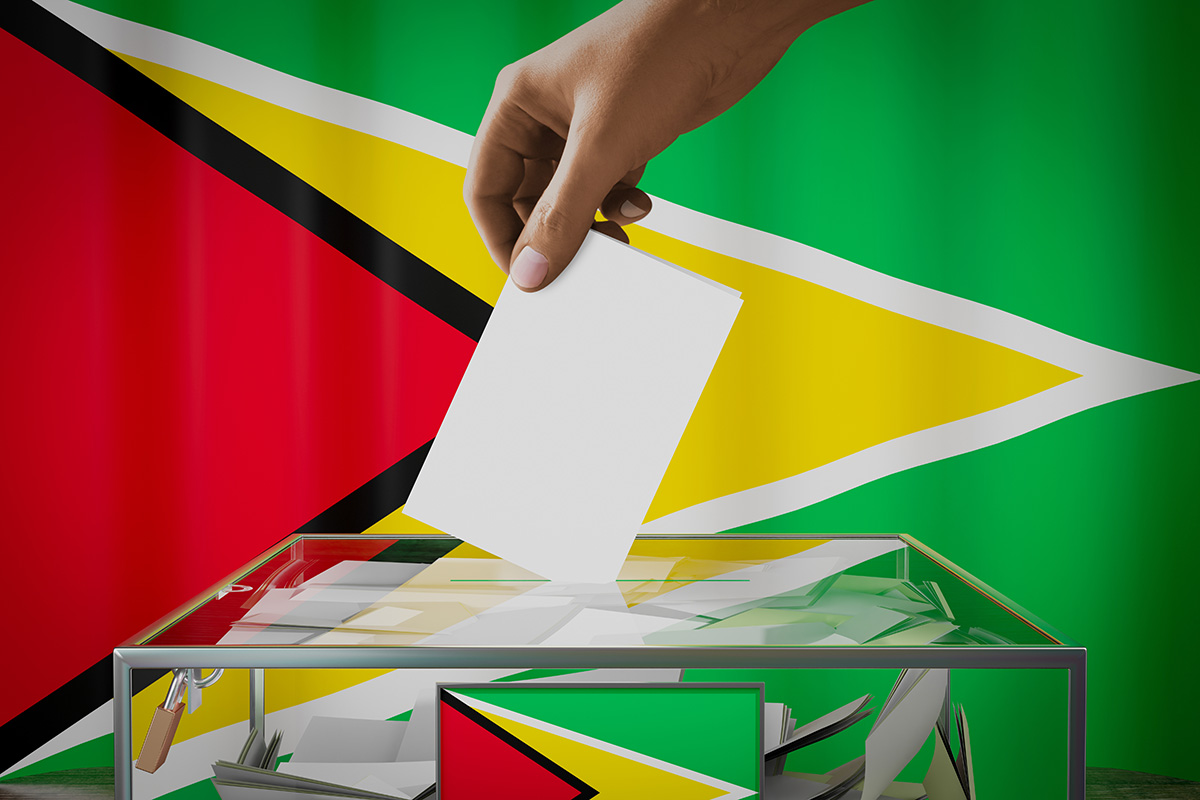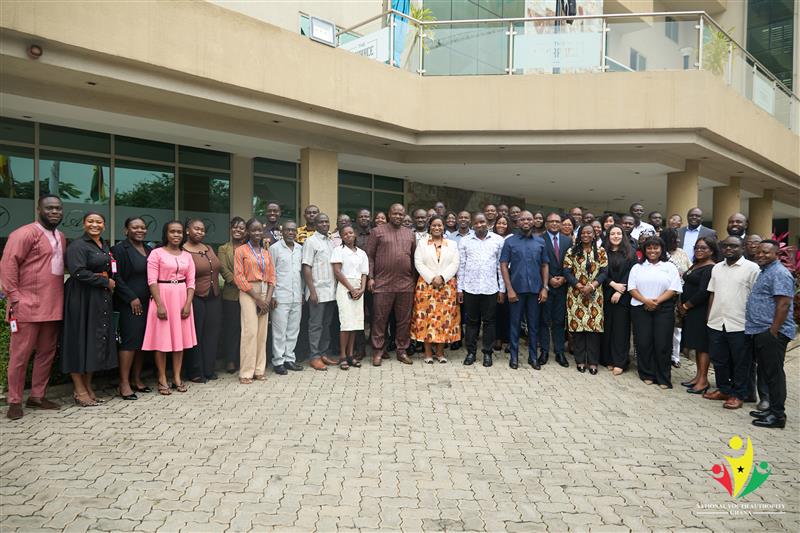“Looking at reaching the SDGs for Sri Lanka”
October 11 The UN 2030 Agenda for Sustainable Development aims to end poverty, fight inequality and tackle climate change by 2030. Madusha Erandi Thanippuliarachchi, 23, a Commonwealth Correspondent from Sri Lanka, says even though the goals of 2015 have not been achieved, there is new hope as world leaders and citizens try to reach the greater target.
The UN 2030 Agenda for Sustainable Development aims to end poverty, fight inequality and tackle climate change by 2030. Madusha Erandi Thanippuliarachchi, 23, a Commonwealth Correspondent from Sri Lanka, says even though the goals of 2015 have not been achieved, there is new hope as world leaders and citizens try to reach the greater target.
Sustainable development, according to the World Bank report, is development that meets the needs of the present without compromising the ability of future generations to meet their own needs. In sustainable development there are three pillars that have to balance: economy, society and the environment, or in other words the ecology.
If we consider the Sri Lankan situation through statistical evidence, the Sri Lankan growth rate is high at eight per cent. This is true, but if we dig a little further we can see that income inequality has been increasing over the years. The Gini index puts Sri Lanka at 42 on a scale of 100, with 100 representing a perfect inequality. Moreover, 12 per cent of the population is still living below the poverty line and the share of the population over 60 will double to 20 per cent over the next 25 years. This trend will have an aggregate impact on the economy through labour force participation and health care. Therefore, we see within the Sri Lankan context several challenges for sustainable development.
There can be challenges for production and consumption, challenges of developing knowledge and information, challenges of climate change and energy, challenges for a sustainable mobility, biodiversity conservation and sustainable management. Challenges of demography and social integration, and the challenge for proper governance. Capitalism and democracy are considered to be the most effective in our world, but it is important to think about which form of capitalism and which type of democratic participation we want for our country.
Environmental concerns in Sri Lanka include deforestation, soil erosion, wildlife populations threatened by poaching and urbanization, coastal degradation from mining activities and increased pollution, freshwater pollution through industrial waste and sewage runoff, waste disposal, and urban air pollution due to emissions from motor vehicles and factories.
There are many institutions established in Sri Lanka for environmental preservation under the legislature, and there are many inter-governmental and non-governmental organizations committed to preserve the environment. Sri Lanka has ratified many international law documents and has enacted many statutes for the preservation of the environment.
Unfortunately, despite the numerous statutes available, proper implementation of the statutes is not taking place because of undue political interventions. There are many ordinances and statutes against cutting timber and killing wild animals and exporting indigenous plants. But the true objective of those statutes is unachievable with undue political pressures. We need a strong judiciary, and more importantly, strong and independent institutions will matter in providing realistic protection of the environment.
An SDG that I feel is the most important for the future development and stability of the country is quality education. Quality education will affect all generations in achieving sustainable development in a greater capacity.
According to one definition, quality education provides all learners with capabilities they require to become economically productive, develop sustainable livelihoods, contribute to peaceful and democratic societies and enhance individual well-being. Sri Lanka provides free education from primary level to university education. The free education system can be considered as the main reason for the high literacy rates in this country in comparison to other South Asian countries. However, education amounts to “quality education” when people are achieving sustainable development. In Sri Lanka, although free education exists and we have professionals like doctors, lawyers and engineers, people do not understand the value of sustainable development, and most high level companies use this concept for the sake of marketing purposes.
If people individually understand the need for conservation of the environment other than taking it in a mere nominal value, and tend to create a balance between the economic development and the environment, that understanding would definitely lead to quality education. Thus, when people continue their attitudes in such a way that is economically, socially and environmentally developed it will lead to better development and stability of the country.
Peace, justice and strong institutions would lead the way to better sustainable development through minimizing political interventions and maintaining a proper system of checks and balances. Quality education would create an individual who is not merely dependent on subject knowledge but also would commit toward attaining a better future coupled with sustainable development.
photo credit: Philippe Put sarah caps9_0038 via photopin (license)
…………………………………………………………………………………………………………………………
About me: I am determined and ambitious; ready to take up any challenge. A former journalist, I’m studying law at University of Colombo and doing freelance writing. I believe the youth is the fruitful future of any country and the positive anticipation of the developing world.
I love observing people, their nature and writing about them. I am a wannabe photographer. I swim, do athletics, and sing. I consider myself as a genuine social worker. Writing is simply my passion.
………………………………………………………………………………………………………………
Opinions expressed in this article are those of the author and do not necessarily represent the views of the Commonwealth Youth Programme. Articles are published in a spirit of dialogue, respect and understanding. If you disagree, why not submit a response?
To learn more about becoming a Commonwealth Correspondent please visit: http://www.yourcommonwealth.org/submit-articles/
………………………………………………………………………………………………………………






